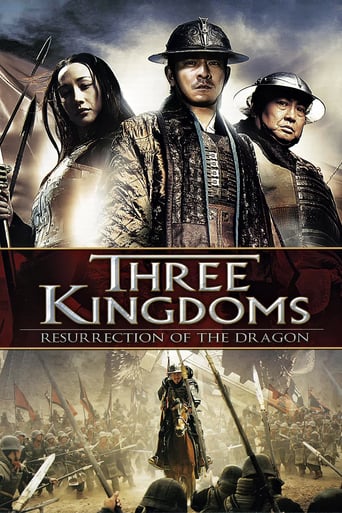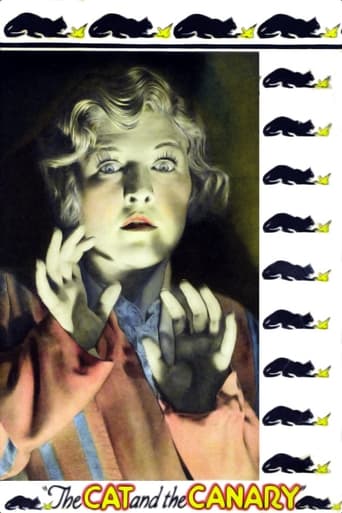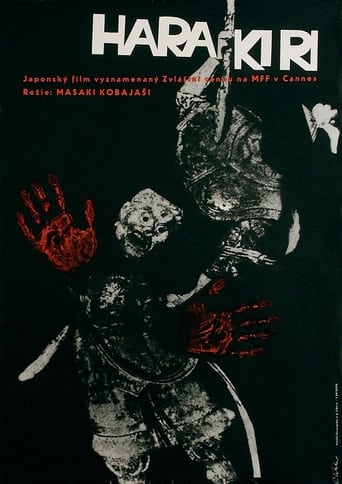


Harakiri
Down-on-his-luck veteran Tsugumo Hanshirō enters the courtyard of the prosperous House of Iyi. Unemployed, and with no family, he hopes to find a place to commit seppuku—and a worthy second to deliver the coup de grâce in his suicide ritual. The senior counselor for the Iyi clan questions the ronin’s resolve and integrity, suspecting Hanshirō of seeking charity rather than an honorable end. What follows is a pair of interlocking stories which lay bare the difference between honor and respect, and promises to examine the legendary foundations of the Samurai code.
-
- Cast:
- Tatsuya Nakadai , Akira Ishihama , Shima Iwashita , Tetsuro Tamba , Masao Mishima , Ichirō Nakatani , Kei Satō


Similar titles

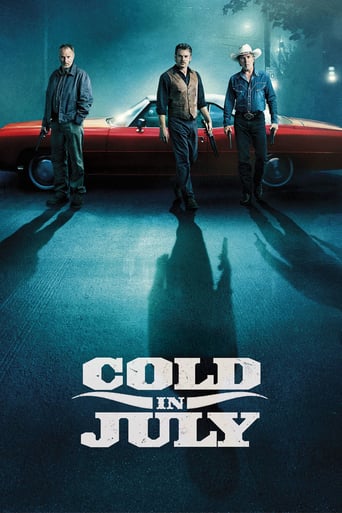

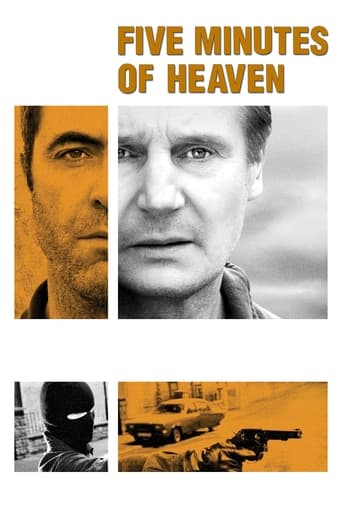

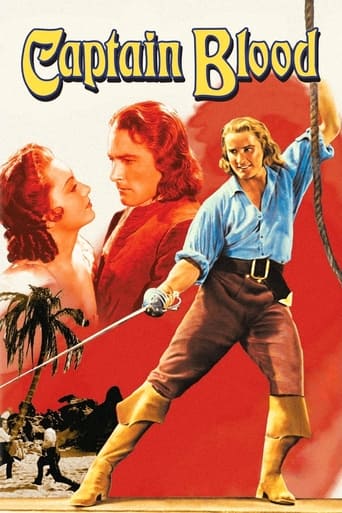

Reviews
Simply A Masterpiece
A waste of 90 minutes of my life
This is a coming of age storyline that you've seen in one form or another for decades. It takes a truly unique voice to make yet another one worth watching.
An old-fashioned movie made with new-fashioned finesse.
Social criticism on the samurai culture during the Tokugawa Government of the 1600s , when the Shogunate were disbanding samurai clans and many were left wandering in poverty. The beginning of the merchant era , during a time of peace , and samurai were no longer necessary for society. This film questions samurai traditions and the integrity behind them: the rise of lawlessness among wandering samurai (taking advantage of dojo's kindness during peace era), not having a proper sword for seppuku, allowing or not a day or two for reconciliation with one's loved ones before seppuku, biting off one's tongue, the rise pf merchants impoverishing the people, the importance of top-knots, and the meaning of God in Shogun armor. This movie takes stab at all samurai practice with a moral compass between right and wrong. Not matter what social faction we belong to , in the end we are all human which transgresses all
The concept of ritual suicide in the form of Harakiri, otherwise known as Seppuku, has captivated western imaginations for centuries. Indeed, the very notion of suicide, for religious or social reasons is viewed with a feeling of disdain within the western mindset. However, ritual suicide held an important ceremonial role for members of the Samurai class in ancient Japan. Viewed as an important component of the Samurai's Bushido warrior code, Harakiri was often used as a punishment but was often done voluntarily as well. It was a matter of honor and upheld the tradition of the warrior code. Harakiri forces the audience to confront the brutality of such a tradition and questions the morality of it. During the film, the main character questions both Bushido and the authenticity of the warrior code. He asserts that Bushido is a mere facade rather than a symbol of discipline. Whether or not these assertions are true, is a question that Harakiri leaves for the audience to decide.During the Edo period of the Tokugawa shogunate in Japan, it was common for master less samurai who were known as Ronin to request to commit harakiri in the palace of feudal lords.In this tradition, a man who goes by the name of Tsugumo Hanshirō requests to commit suicide at a powerful feudal lord's courtyard. Masaki Kobayashi directed this film to start out slow with the old man Hanshirō narrating a story. The story is about how the powerful clan at the courtyard was responsible for the death of Hanshirō's entire family. The old man confronts the powerful feudal clan in such a calm and authoritative manner that the audience is left at the edge of their seats. Hanshirō's daughter was married to a poor Samurai that was so destitute that he had to sell his blade to care for his family. He has a young baby who unfortunately gets sick and becomes desperately in need of medicine. When Hanshirō's son in law came to the Li clan seeking alms for medicine, they chose to punish him for disgracefully giving up his Samurai sword by forcing him to disembowel himself in the Seppuku fashion using the only sword he had left: a dull bamboo katana. After covering the dramatic backstory, the movie masterfully builds up to the final conclusion where Hanshirō uses every last ounce of his Samurai abilities to fight his way into the feudal lord's compound to desecrate his hall. The sheer force of will and determination displayed by Hanshirō's character on-screen is a testament to the acting abilities of Tatsuya Nakadai.Despite being shot in black and white, the film is aesthetically appealing as it depicts idyllic Japanese villages and sword fights in Samurai graveyards. At the climax of the film, the greatest line of the film is spoken. Before the culminating final sword battle, the main character proudly proclaims, "Motome had indeed gone mad. But I say good for him! I praise him for it. He may have been a samurai, but he was a man of flesh and blood. He could not live on air alone. When he has reached the point of no return, even a man as strong as Motome will go mad trying to protect his family, and I would praise him for it. They'll call him the bamboo ronin. Not only samurai, but townspeople, too, will scoff at his wavering. But let them laugh all they want. Who can fathom the depths of another man's heart?".
One of the best movies ever made ,''Harkiri'', tells the sad story of a man who wants to commit Harakiri to take revenge from the samurais that made his son-in-law also commit Harakiri.The movie is not actually about sword-fightings but it's about the meaning of life,family and pride. Although a long movie, ''Harakiri'', keeps you in interest because of the good climax of the story and the flashbacks. Kobayashi proves us that he is a ''Cinema- Master'' and makes us sink deep in the story.Tatsuya Nakadai gives an Oscar- worthy performance playing the main character of the film. Also the film has a great cinematography and music by Toru Takemitsu. It's a wonderful masterpiece that will make you appreciate Japanese cinema !
It's 1630. There is peace in the land and many samurai have become poor homeless vagrants. Hanshiro Tsugumo is a samurai whose clan has fallen. He comes to the home of a feudal clan to ask permission to commit seppuku within the courtyard. Kageyu Saito is a senior counsel and he tries to deter the man with the story of another ronin Motome Chijiiwa from the same clan. They forced him to do the job despite he has sold his blade. All he has is a blade made of bamboo. It's a brutal painful event. Nevertheless, Hanshiro insists on continuing with his seppuku and then he reveals that he did indeed know Motome.The first recollection is actually quite compelling. It catches my attention culminating in one of the most memorable horrific scenes. The rest of the movie can't really compare. It's another series of recollections and it's not as compelling. I think it would be just as good to compress the second half and keep the big final fight.

